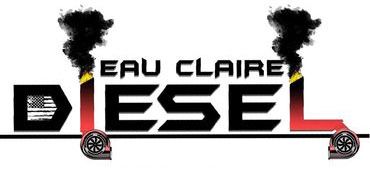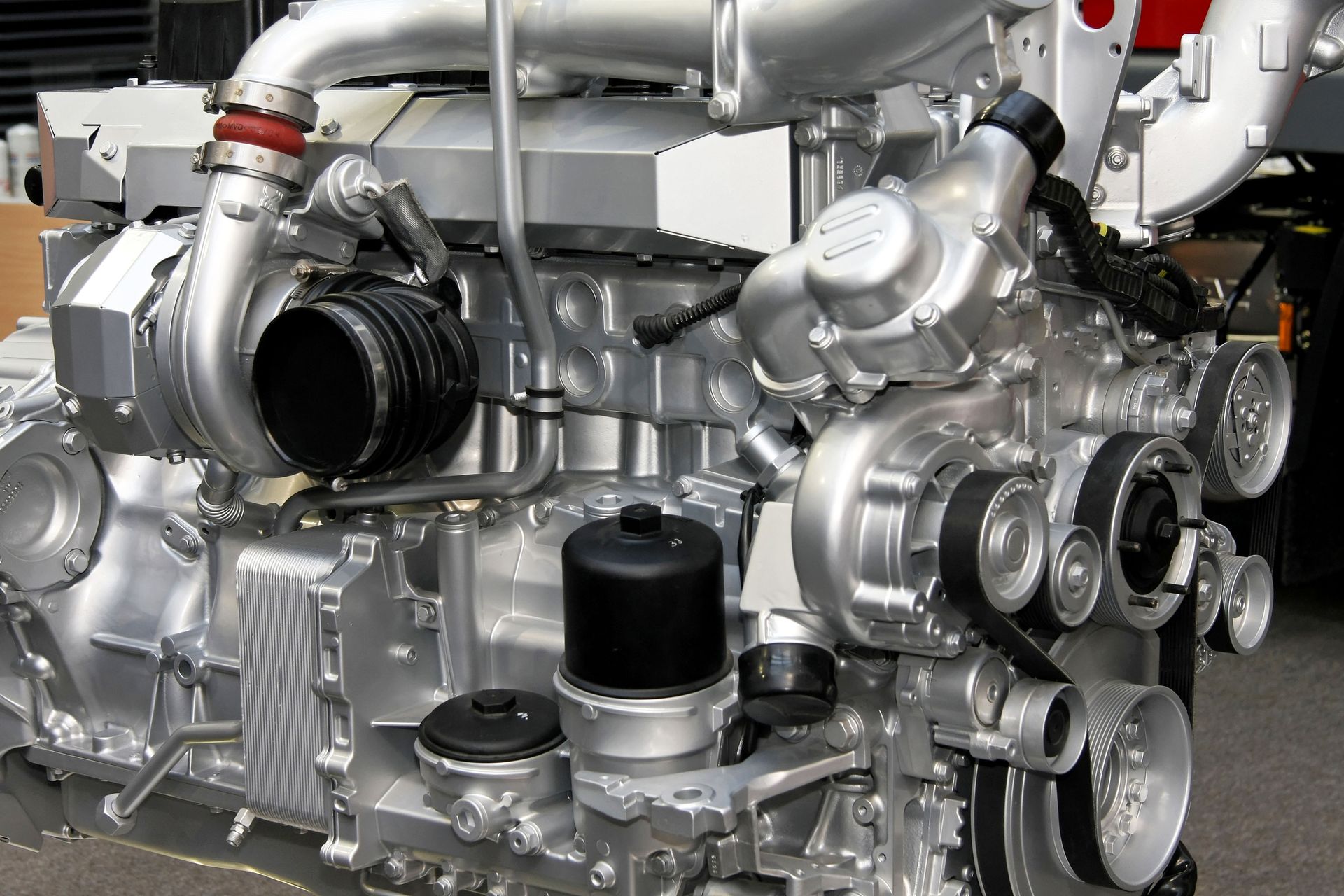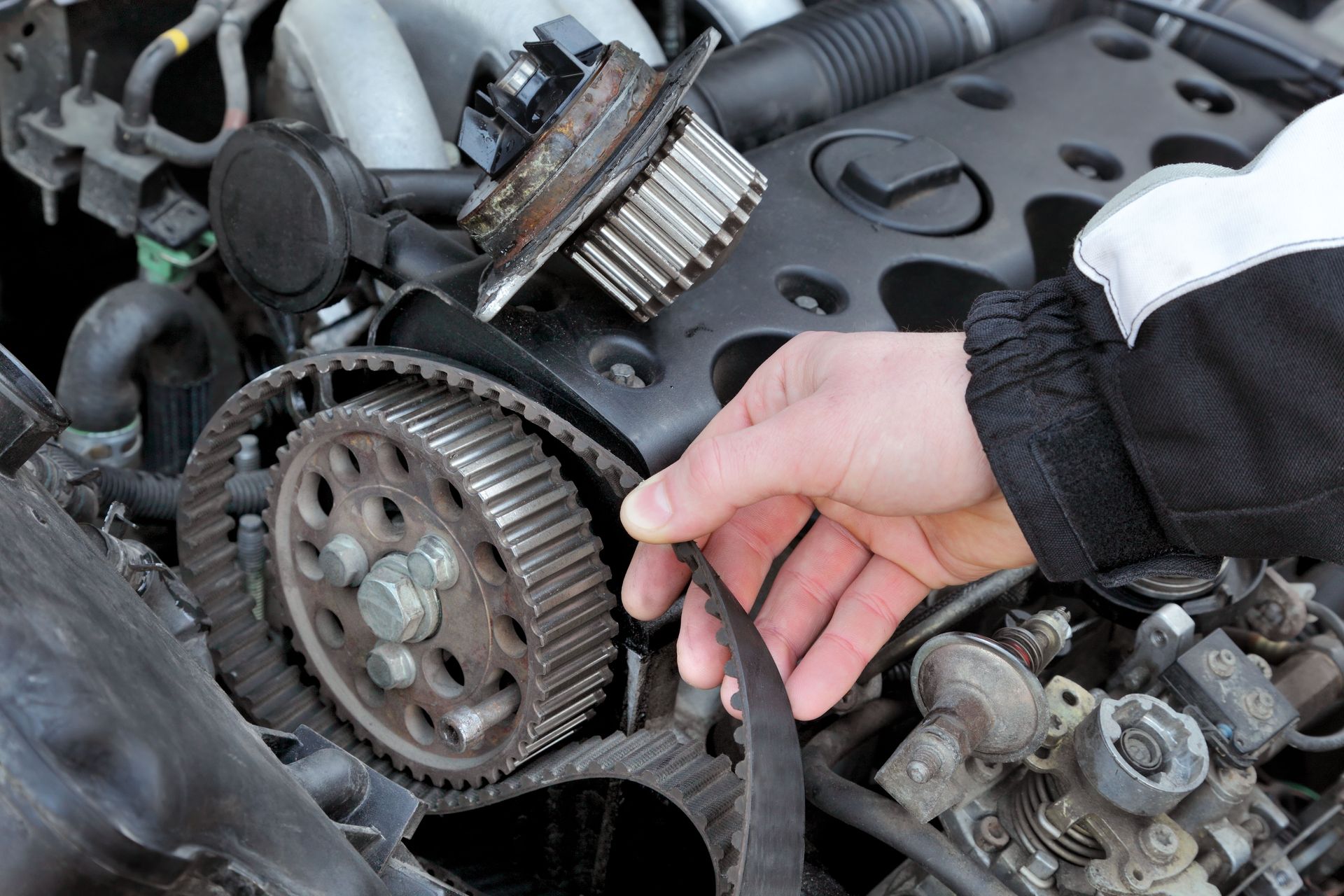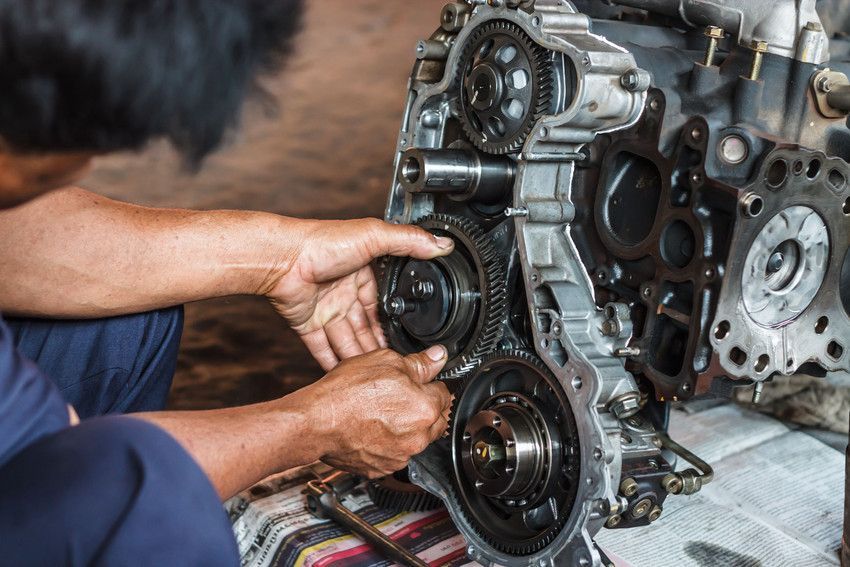5 Signs Your Diesel Turbo Needs an Upgrade
Diesel engines are known for their longevity, power, and efficiency. A major contributor to these qualities is the diesel turbo, which boosts engine performance by increasing air intake, resulting in more fuel being burned and, ultimately, more power. However, like any mechanical part, the turbo can degrade over time. Recognizing the signs that your turbo needs an upgrade can save you from expensive repairs, improve fuel efficiency, and restore your engine’s optimal performance. Explore five key indicators that it’s time to consider a turbo upgrade, along with tips on how to maintain your turbo for maximum lifespan.
1. Noticeable Drop in Engine Power
One of the clearest signs that your turbo may be failing is a noticeable drop in engine power. If your vehicle no longer accelerates as quickly as it used to or struggles when towing heavy loads, the turbo could be underperforming.
A diesel turbo is responsible for forcing air into the combustion chamber, allowing for a more efficient fuel burn and higher power output. When it starts to wear out, airflow decreases, which directly affects engine performance. Drivers may also notice slower throttle response or difficulty maintaining highway speeds. Ignoring this issue can lead to further engine strain and, eventually, costly repairs.
It’s also worth noting that a drop in power can sometimes be gradual, making it harder to notice unless you actively monitor your engine’s performance. Tools such as boost gauges can help track turbo efficiency and detect performance drops early. For trucks used in heavy-duty applications, such as towing trailers or hauling construction materials, even a small decrease in power can affect safety and drivability.
A turbo that's struggling under load can also impact other engine components. For example, the transmission may experience extra stress as it compensates for reduced power, potentially leading to premature wear. Addressing turbo issues promptly prevents a cascade of mechanical problems, saving time and money in the long run.
2. Excessive Exhaust Smoke
Another common indicator that your diesel turbo is struggling is excessive exhaust smoke. While diesel engines naturally produce some smoke, unusually thick, dark, or blue-gray smoke should not be ignored.
This occurs when the turbo fails to properly compress air into the engine, leading to incomplete combustion. A failing turbo may also allow oil to leak into the exhaust system, contributing to smoke. Not only is this a performance issue, but it can also be an environmental concern and a sign that other engine components are under stress.
Excessive smoke can also point to other issues in the turbo system, such as worn seals or a malfunctioning intercooler. Observing when the smoke appears (during acceleration, at idle, or under heavy load) can help mechanics pinpoint the underlying cause. For instance, blue smoke often indicates oil burning, while black smoke suggests too much fuel or insufficient air intake, which is commonly linked to a failing turbo.
Turbo upgrades not only address these issues but also provide a cleaner, more efficient combustion process, ultimately reducing emissions and making your vehicle more environmentally friendly. For fleet owners or anyone subject to emissions regulations, replacing an underperforming turbo is critical for compliance and efficiency.
3. Unusual Noises From the Engine
One of the more subtle but telling signs that your diesel turbo needs attention is unusual engine noises. Whistling, whining, or a loud siren-like sound coming from under the hood often indicates turbo wear or damage.
These noises can result from several issues, including worn bearings, a damaged compressor wheel, or turbine imbalance. Over time, these components can degrade due to heat, debris, and high-pressure airflow. Ignoring these sounds may lead to catastrophic turbo failure, which could damage your engine beyond repair.
For drivers who frequently operate their vehicles in demanding conditions, listening for unusual turbo noises should be part of routine maintenance. Even subtle changes in engine sound can be early warning signs. In many cases, mechanics can diagnose the problem by listening carefully to the turbo while the engine is running, often combined with a visual inspection for damage or excessive shaft play.
Replacing a failing turbo eliminates these noises and restores engine harmony. Additionally, an upgraded turbo can sometimes offer performance improvements over the original, including better boost response, reduced lag, and quieter operation.
4. Oil Consumption and Leaks
A failing diesel turbo can also lead to increased oil consumption or visible oil leaks. The turbo relies on a continuous oil supply to lubricate and cool its internal components. When seals begin to wear or bearings degrade, oil can leak into the intake or exhaust system, resulting in consumption spikes or puddles beneath the vehicle.
Excessive oil consumption is not just a minor inconvenience: it can seriously harm engine performance and longevity. Low oil levels reduce lubrication and increase heat, which can lead to engine seizure if not addressed. Additionally, oil entering the exhaust can cause carbon buildup and further damage the turbo.
Regular inspection of oil lines, fittings, and seals is critical for early detection. Some drivers may notice blue smoke from the exhaust or a drop in oil pressure on the dashboard, both red flags pointing to a potential turbo issue. Keeping oil filters clean and using high-quality synthetic oil can also prolong turbo life, as dirty or low-quality oil can accelerate wear.
Replacing or upgrading the turbo ensures that the oil system functions correctly, preventing leaks, reducing maintenance costs, and extending the life of your engine. Furthermore, modern turbos are often designed to better handle higher temperatures and oil flow demands, which adds an extra layer of reliability for vehicles used in extreme conditions.
5. Age and Mileage Considerations
Even if your diesel turbo isn’t exhibiting obvious signs of failure, age and mileage alone can warrant an upgrade. Over time, the high temperatures, pressures, and rotational speeds that turbos endure naturally cause wear and tear.
According to IBISWorld, 610 businesses operate in the automobile engine and parts manufacturing industry in the U.S. This fact highlights the significant demand for high-quality engine components and the increasing number of options available. Upgrading to a modern turbo can provide enhanced durability, efficiency, and performance compared to older units.
Many experts recommend considering a turbo upgrade once your vehicle exceeds 100,000 miles or after more than a decade of service. Additionally, advancements in turbo technology over the years mean newer models often offer better airflow, improved heat resistance, and optimized performance curves.
It’s also worth considering driving habits and conditions. Vehicles that regularly tow heavy loads, operate at high speeds, or are used in dusty or off-road environments may experience faster turbo degradation.
A diesel turbo is the heart of your engine’s efficiency and power, and recognizing the signs that it needs an upgrade is essential for maintaining optimal performance. Key indicators such as a noticeable drop in engine power, excessive exhaust smoke, unusual engine noises, increased oil consumption, and age or mileage considerations should never be ignored.
Upgrading your turbo not only restores lost performance but also enhances diesel fuel efficiency, reduces harmful emissions, and prolongs the life of your engine. Proper maintenance—such as monitoring boost levels, checking oil lines, and listening for unusual noises—can further extend the life of your turbo and prevent costly repairs.
Whether you’re a daily commuter, a towing enthusiast, or someone who relies heavily on diesel power, investing in a high-quality turbo replacement will help keep your vehicle running smoothly for years to come.
Boost your engine’s performance and reliability with a professional diesel turbo upgrade from Eau Claire Diesel. Contact us today to ensure your vehicle runs at its peak power and efficiency.




Share On: